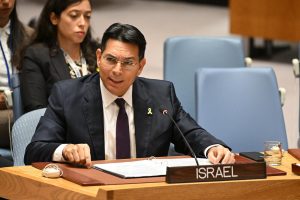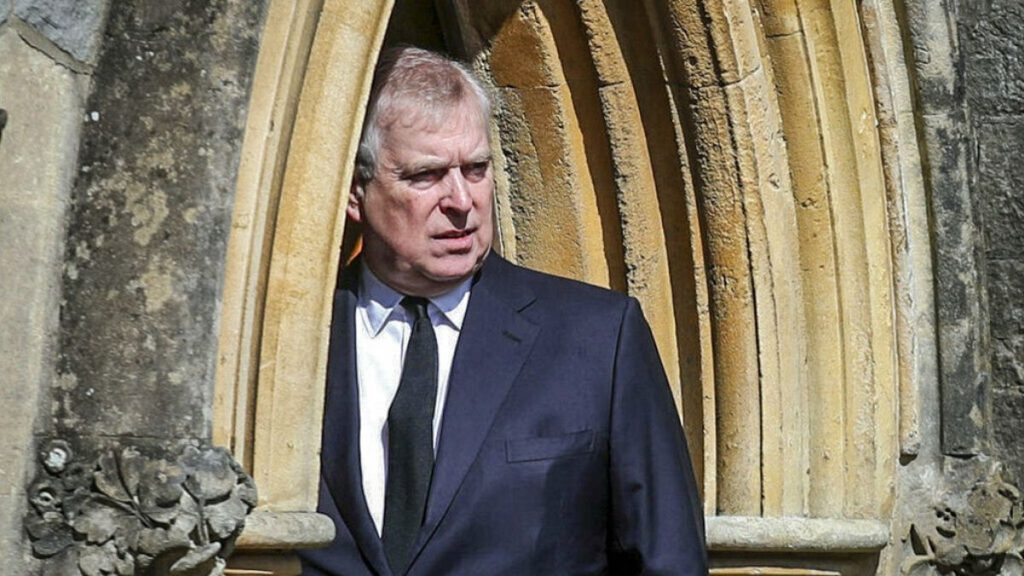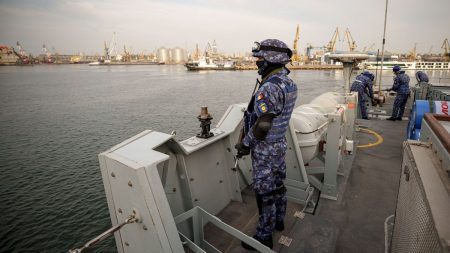A Chinese businessman, identified as H6 in court documents, has been barred from entering the UK due to national security concerns. The 50-year-old was removed from a flight arriving from Beijing in February 2023 and subsequently banned the following month. The UK government cited H6’s “covert and deceptive activity” on behalf of an arm of the Chinese Communist Party, specifically the United Front Work Department (UFWD), as the basis for the ban. H6 unsuccessfully appealed the decision at the Special Immigration Appeals Commission (SIAC), bringing to light his close relationship with Prince Andrew, Duke of York. The SIAC ruling revealed H6 as a “close confidant” of the prince, raising concerns about potential undue influence and political interference.
The case against H6 stemmed from evidence discovered on his personal devices, which were confiscated by UK border security officials in November 2021. Among the discovered materials were communications with the UFWD and correspondence with one of Prince Andrew’s advisors. Letters from the advisor revealed the extent of H6’s access to the prince, describing him as having a privileged position within the Duke’s inner circle. One letter, dated 2020, assured H6 of his favored status with Andrew and his family, suggesting his influence was substantial and coveted. Another letter indicated H6’s involvement in facilitating discreet movement of individuals in and out of the royal residence in Windsor, further highlighting his close involvement with the Duke’s affairs.
The correspondence also detailed how H6 acted as a liaison between Prince Andrew and potential Chinese partners and investors. A document from August 2021 outlined talking points for a call with the Duke, revealing a perceived vulnerability in the prince’s position and a willingness “to grab onto anything.” This vulnerability, coupled with H6’s influence, formed the crux of the government’s argument for the ban, with the SIAC judges concurring that the potential for political interference was a legitimate concern. They concluded that the government’s actions were “justified and proportionate” given the risks posed by H6’s relationship with the prince.
The revelations about Prince Andrew’s connection to a suspected Chinese spy have sparked controversy and heightened scrutiny of the Duke’s judgment. Buckingham Palace has declined to comment on the matter, emphasizing that Prince Andrew is no longer a working royal. However, the incident has drawn criticism from figures like Tom Tugendhat, a former security minister, who described the affair as “extremely embarrassing” for the prince. Tugendhat further criticized China’s alleged interference in UK affairs, highlighting the hypocrisy of China’s stance against foreign interference while actively engaging in such activities themselves.
This incident comes at a sensitive time in UK-China relations. Despite British Prime Minister Keir Starmer’s recent call for stronger business cooperation with China and his meeting with President Xi Jinping at the G20 summit – the first such meeting between a British Prime Minister and the Chinese President since 2018 – the H6 affair underscores the underlying tensions and security concerns that continue to shape the relationship between the two countries. The case highlights the delicate balancing act the UK faces in navigating its economic interests with national security imperatives, particularly in the context of increasing geopolitical competition with China.
The H6 case serves as a stark reminder of the complexities of international relations and the potential vulnerabilities that can arise from personal relationships, especially when they involve individuals with access to sensitive information or influential figures. The incident has reignited debate about the adequacy of security protocols surrounding members of the royal family, particularly those who are no longer actively performing official duties but still retain social influence and connections. It also underscores the ongoing challenges posed by foreign interference and espionage activities, requiring constant vigilance and robust security measures to protect national interests.










